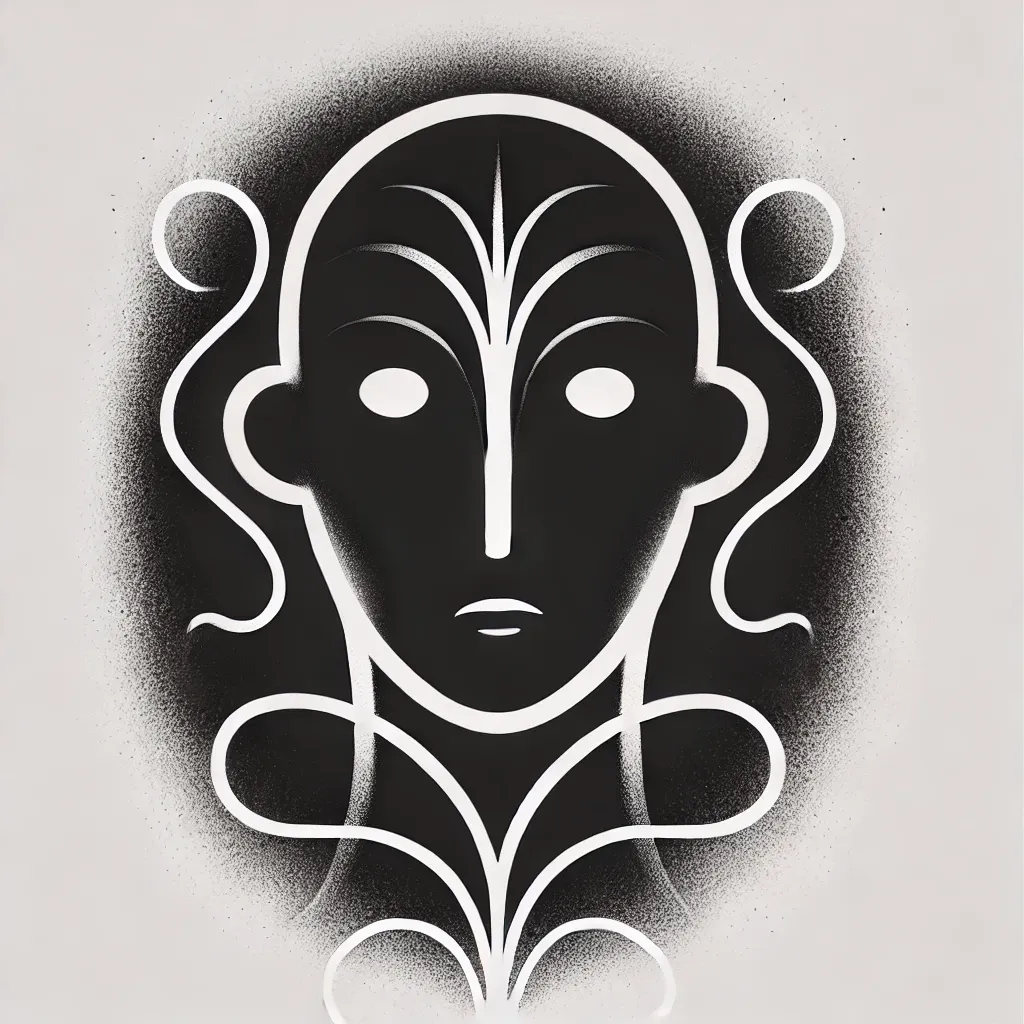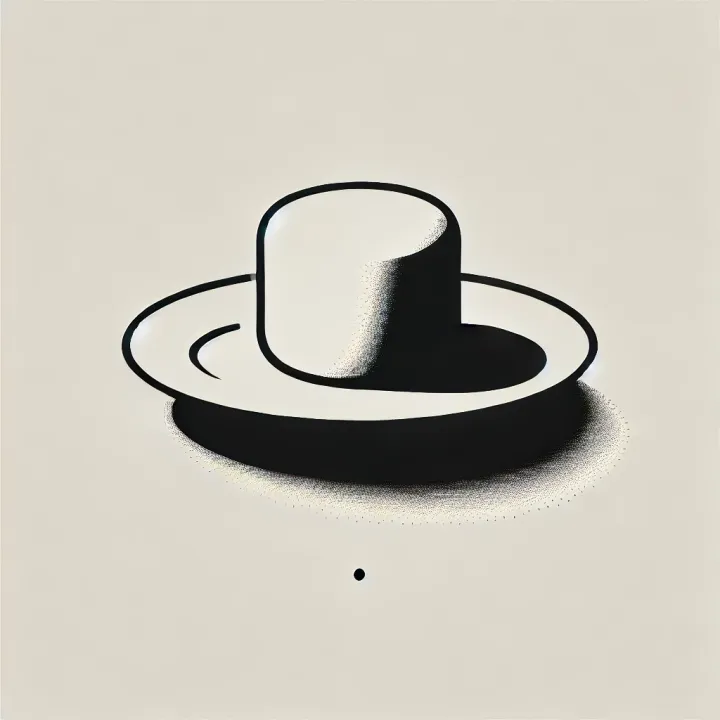Navigating The Four Agreements: Part 1-The Judge

The Four Agreements
One of the first steps in my journey toward acceptance was realizing that it wasn’t just about reflecting on my experiences alone—it was also about gaining new perspectives. Reading and learning became a powerful tool for me to understand myself and those around me. One of the first books that had a profound impact on me was The Four Agreements by Don Miguel Ruiz.
Though it’s a small book, The Four Agreements was a slow and thoughtful read for me. It wasn’t something I could breeze through. The ideas were deep, and they challenged me to think about the internal struggles I had always faced but never fully understood. This was one of the first times I gained real insight into how other people process their emotions and struggles, especially those they keep inside. I was never able to put words to what the emotions were until this book.
In my family, we don’t talk about emotions. To be honest, the only emotional words that I know in Vietnamese are (Happy, Sad, and Angry) (Vui, Buồn, Giận). At one point I tried to talk through my emotions during therapy but habits runs deep and I found myself saying what I thought the therapist wanted to hear, rather than revealing my truth. I remember once, after talking to her about hiding everything from my parents, the therapist told me to try to tell them some truth, like, I was living with my boyfriend, she said, “Why won't you try telling them about living with your boyfriend, what's the worse would happen.” I told her it worked and never came back.
The Four Agreements was the first to push me to think differently but it took a couple times to read it to really understand the concept. Toltec philosophy, as introduced by Ruiz, was so different from the Vietnamese culture I grew up in, yet there was a universal truth in its teachings about inner peace. No matter our cultural background, we all share the same struggle: the journey to find peace within ourselves.
The Judge: The Voice Inside My Head
Before diving into each of the Four Agreements, it's important to first understand the "Judge." In The Four Agreements, Ruiz describes the Judge as that powerful inner voice that constantly criticizes, evaluates, and condemns. It internalizes societal and cultural expectations, using them as a yardstick to measure our worth. The Judge is harsh, often telling us we’re not good enough or that we’ve failed. For many of us, this inner critic pushes us to seek perfection, making us feel guilty for not living up to impossible standards.
For me, the Judge was born out of the expectations I faced growing up in an Asian American household. I’ve talked about being caught between two worlds—my parents’ traditional values and the individualistic culture surrounding me. The pressure to be obedient, hardworking, and successful was immense. Over time, these external pressures turned inward, becoming the Judge in my head. Even after moving out of my parents' house, I couldn’t escape it. The Judge followed, whispering the same old mantras about success, respect, and family honor. My focus remained on one thing—avoiding disgrace.
Understanding the Judge
Reading The Four Agreements helped me begin to understand why the Judge held so much power in my life. The Judge is built on learned expectations, and gaining awareness of it brings a sense of clarity. It took years for me to fully grasp the Judge’s influence over me.
At first, I resented my family and the Judge for burdening me with standards I could never meet. What made it even harder was realizing that I was the one feeding this voice inside. The Judge constantly whispered, “You’re not doing enough,” or “You’re disappointing your family,” allowing no room for failure or imperfection.
But over time, I began to reflect on what the Judge really was a reflection on my own thoughts and although hard seeing that allowed me to see that the Judge could change. Once I recognized the Judge as a product of external influences, I started to take control of the voice inside me.
My Challenge to You
To explore this further, I invite you to watch the first minute of this video.
The whole video is a little over 7 minutes and talks about the book as a whole but let's focus only on the Judge. As you do, think about what the Judge represents in your life.
My ask is this: Reflect on your own Judge. What do they tell you? What standards are they holding you to?


